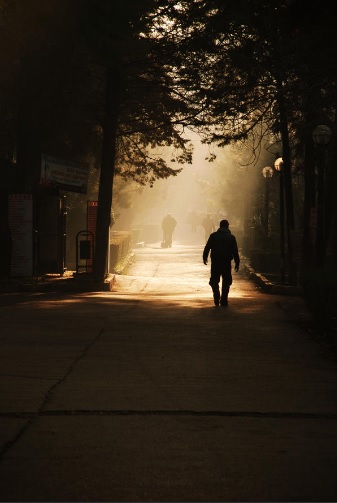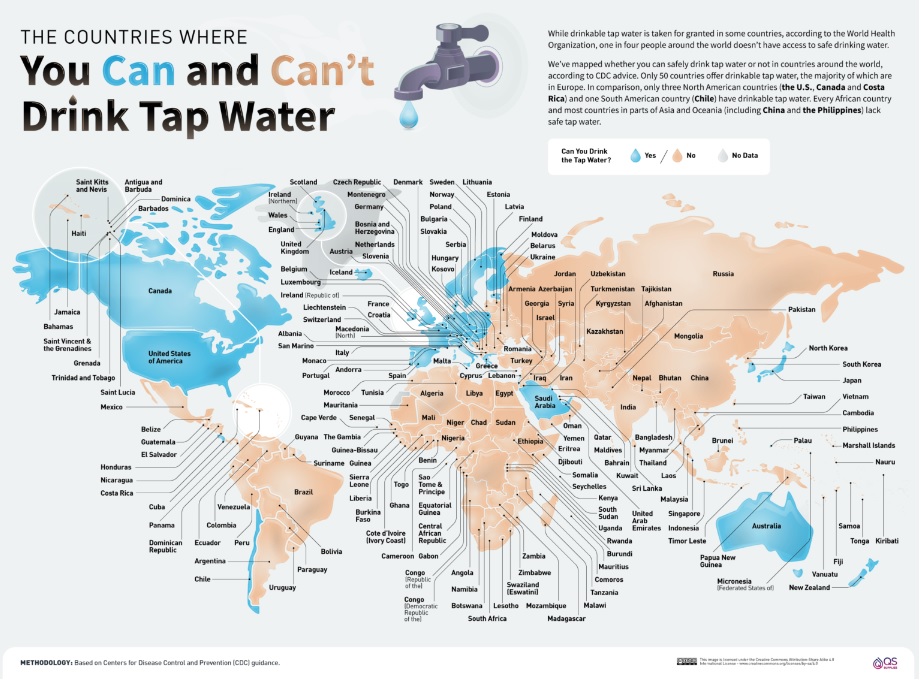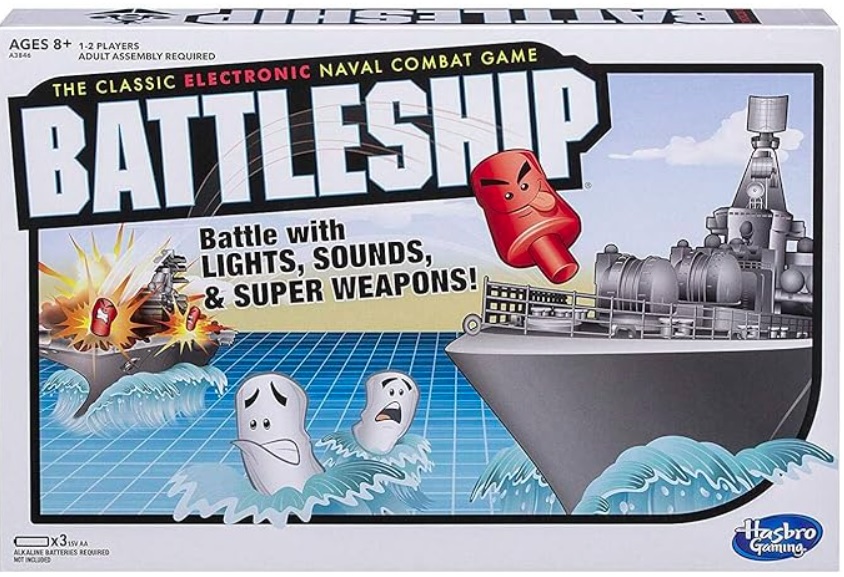We listened, not entirely patiently, as a speaker–an expert and official in emergency preparedness– at the pharmacy supply chain conference we were attending, explained to the assembled that we were all screwed. When the big earthquake comes, there is nothing he or anyone else in authority will be able to do for us, he told us. We will not be able to get our medicines. Those that survive will need to coalesce in small communities—we pictured the bands of apes at the beginning of 2001 A Space Odyssey—fending for ourselves for a long, long time. After he finished his dark description, the conference conversation started to move on until we raised our hand and asked, but first noting we are not an emergency preparedness expert but merely a humble supply chain guy, isn’t there something that could be done? Aren’t there new technologies, such as drones, that could be used to deliver needed pharmaceuticals, even if the roads and airport are in a shambles? Isn’t it his job to figure this out rather than smugly tell us we are all doomed when the big one hits?
This, you will not be surprised to learn, did not go over well with the speaker. But it did engender a spirited discussion among the conferees, including one company representative describing his company’s technology that is designed to deliver all sorts of needed items even in the midst of broken infrastructure. We find that too many in positions of power and leadership in America, at the local, state and federal level, are comfortable with the current state of affairs, believing nothing new can be accomplished, no changes can be made, that we just wallow in the everlasting mediocre present. We are glad that after our initial question many in the audience began speaking up for what a different future could look like. But even as we are generally optimistic, we present the case for pessimism, worry about drinking water and eye more mischief in the South China Sea. It’s this week’s International Need to Know, a tornado of international information, a tsunami of global data.
Last week we wrote in “The Real News” that 500,000 people per day die of malaria. That, of course, is a typo. as a number of you pointed out to us. We meant to write “per year.” We regret the error and have fired our editors and taken the lash to our backside. We are also busy fending off lawsuits from People in Solidarity with Mosquitos (PISM). Competent lawyers please contact us ASAP.
Without further ado, here’s what you need to know.
The Case for Pessimism
We have often made the case in these here parts that the world continues to improve. Life is better around the world than 70 years ago, 50 years ago and even ten years ago. Even in the last two years, after a pandemic halt, global poverty is again coming down. But as you undoubtedly notice, our world is not perfect…and there are some worrying trends. For one, states, organizations and individuals seem increasingly to be willing to break norms. Russia’s wanton commission of war crimes, first in Syria and now in Ukraine, comes to mind. This week, of course, Hamas’ slaughter of concert goers and other civilians, including babies, is another example.* Individuals and small groups increasingly say over the top things, whether here in America or in other countries. We are often stunned by what we read on social media or what elected officials now feel free to say on television and elsewhere. In Canada last week a float in a parade depicted the assassination of Indira Gandhi. A high school in China joyfully reenacted the assassination of former Japanese Prime Minister Abe Shinzo. India, of course, apparently assassinated a Sikh in Canada. The U.S. helped blaze this trail of killing individuals in other countries, including through the use of drones (which we warned about in an early post of International Need to Know). We live at a moment where we can accomplish so much good but in a milieu of increasingly wanton bad behavior (or is it just now easier to broadcast?). The common sense majority needs to find rational, effective ways to dampen the tyrannical minority. It is one of the great tasks of our age.
*We have long had issues with Israel’s policies but slaughtering of civilians is a war crime not a legitimate tactic in fighting oppression. One can oppose Israel’s subjugation of Palestinians AND Hamas’ slaughtering of civilians.
A further note: We are not a military expert but it seems we are in a new military age. One where the advantage of large militaries is somewhat diminished. For example, the use of drones has helped Ukraine and was a deciding factor in the recent Azerbaijan-Armenia conflict. We wonder if this new reality will play out in the Gaza Strip these coming days, weeks and months. The expectation is Israel can easily wipe out Hamas. Perhaps so. But maybe it won’t be as easy as people expect in this new age.
Would You Like a Drink?
When we were in Vietnam last month and when we go to Mexico later this year, we have to be careful about drinking the water. We can’t drink it right out of the tap. There’s surprisingly few countries where you can drink water out of the tap as you can see in the map below from Vivid Maps (not just dreams are vivid apparently). Only 50 countries, or about 25 percent, provide drinkable tap water. That’s an inconvenience for a tourist or businessperson like us when traveling but it’s a big deal for the people living in the country. The top ten countries with the cleanest water are all located in Europe. The 20 countries with the lowest quality water are all in Africa. We need the world to become wealthier so that they will be able to improve water quality and other factors that directly affect lives. The world keeps improving, as we’ve noted in this space. This is one area where lots more improvement is needed.
China Corner: The Lovely South China Sea
Continuing this week’s pessimistic theme, the Global Times—the China propaganda equivalent of the New York Post (or something like that), reported this week that the People’s Liberation Army (PLA) (liberating whom from what?) is holding naval exercises in the South China Sea “amid U.S.-Philippines exercise.” The Global Times writes,
“Chinese People’s Liberation Army (PLA) recently organized some of its most powerful warships to conduct a series of naval drills across several regions in the South China Sea, a move experts said on Monday displays China’s capabilities in safeguarding national sovereignty and territorial integrity amid a US and Philippine joint exercise allegedly targeting Chinese islands and reefs.”
You may not be surprised that the Global Times article is not entirely accurate. For one, the U.S.-Philippines joint exercise actually includes a fleet of allies, including Japan, Australia, the UK, Canada, France and Malaysia. Today there are conflicts in any number of spots in the world. Tomorrow we might be adding the South China Sea to the list. Enjoy the rest of your day!*




